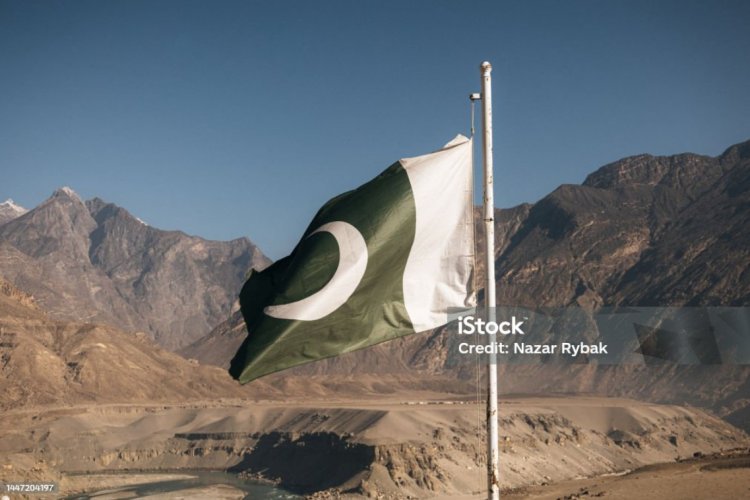Pakistan urges UN to tackle debt sustainability, climate change, and economic progress, emphasizing innovative financing mechanisms and equitable geographical representation for women under foreign occupation.

Pakistan urges UN to tackle debt sustainability, climate change, and economic progress, emphasizing innovative financing mechanisms and equitable geographical representation for women under foreign occupation.
Comments